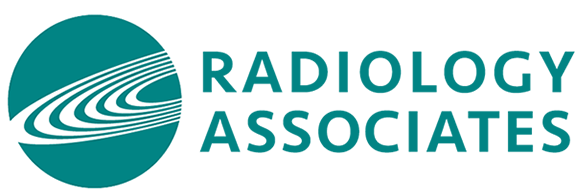Colorectal cancer screening can be a somewhat embarrassing and uncomfortable topic, but it needn’t be. We are all human, after all, and a discussion about colorectal cancer is something we need to have, so let’s start now.
People ages 45 and older who are at average risk of colon cancer should have an annual fecal occult blood test to check for blood in their stool. This safe, noninvasive test is easily performed at home and mailed into a lab for analysis. Though effective at discovering most colorectal cancers, this test isn’t as accurate as more sophisticated procedures. Many clinicians recommend comprehensive colorectal screening for everyone beginning at age 45, regardless of assessed risk. And people whose fecal tests show the presence of blood, as well as those who fall into a higher risk category, are advised to have more accurate testing.
Who is Considered at Higher Risk?
Colorectal cancer can strike anyone. While it is more common in older people, even teenagers can get it. Certain naturally occurring factors increase the chance of developing colorectal polyps and cancer:
Being over age 50
Having a personal history of colorectal polyps, colorectal cancer, inflammatory bowel disease, and/or certain genetic predispositions
Having a first-degree relative who has had colorectal cancer or adenomatous polyps
Having Type 2 diabetes
Having been treated for testicular or prostate cancer
Being an African American or an Ashkenazi Jew – for unknown reasons, these groups are at increased risk
Other factors that increase risk are related to lifestyle:
Smoking
Being overweight or obese
Physical inactivity
Moderate to heavy alcohol use
A diet high in red meats like beef, pork, liver, lamb, hot dogs and processed lunchmeats
Why Colorectal Cancer Screening is So Important
Colorectal cancer kills more than 50,000 people in the US each year, making it a leading cause of cancer death. This high mortality rate is totally unnecessary, however, because unlike some cancers, colorectal cancer is typically slow-growing. Caught in time, abnormal polyps, called adenomas, can be safely and easily removed, preventing cancer and saving lives. So why do such a high percentage of people avoid colon cancer screening?
Because People Dread Colonoscopy
During a colonoscopy, a colonoscope is inserted through the rectum deep into the colon. The colon is inflated with air so that the scope’s tiny camera can capture video images of the intestinal walls, exposing polyps and abnormal growths, which are either removed or sampled. Colonoscopy is very effective but requires sedation, which can cause adverse reactions in some people, and there is some risk of bowel perforation, which can be serious. This procedure requires a friend or family member to drive you to the appointment and wait around until you’re ready to be returned home, making it an imposition. And it can be very difficult to arrange for people who don’t have someone nearby to help.
All this may explain why so many people avoid colonoscopy – and why RAI offers an alternative.
CT Colonography From RAI
Also known as virtual colonoscopy, CT colonography uses low-dose radiation CT scanning to obtain images of the colon less invasively than colonoscopy. CT provides detailed cross-sectional 2-D and 3-D images that can reveal many polyps and lesions as clearly as conventional colonoscopy, with these benefits:
No need for sedation and pain medication, and no recovery period. You can drive yourself to and from your appointment.
Minimal scope extension into the colon and less risk of perforation
Safer or easier for people who are elderly, frail or ill, have severe breathing issues, or are on blood thinners
More useful for people with bowel narrowing or obstruction
Able to capture abnormalities outside the colon, including early malignancies and abdominal aortic aneurysm
No radiation remains in the body following the exam
CT colonography makes it easer, safer and more convenient for many people to take measures to protect themselves from colorectal cancer. If you’re due for a colorectal screening, don’t let fear and dread place your health in jeopardy. Talk to your doctor about whether CT colonography from RAI is the right choice for you.
